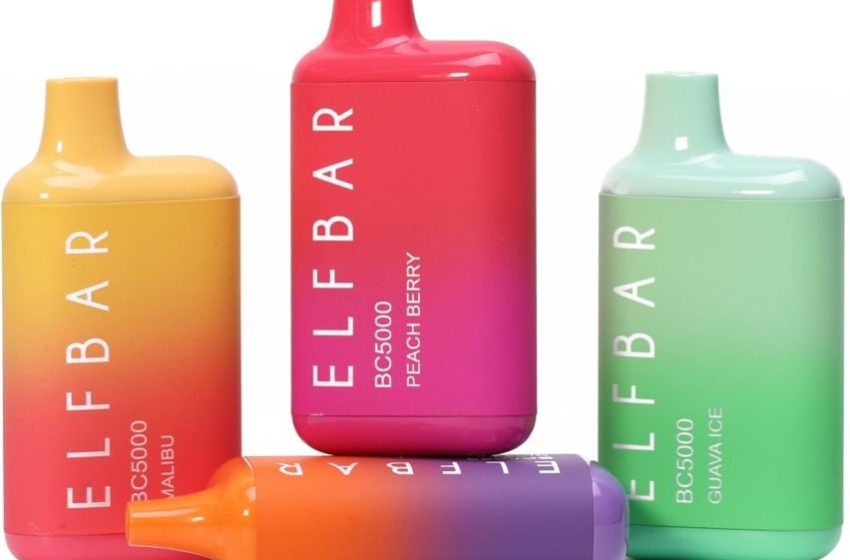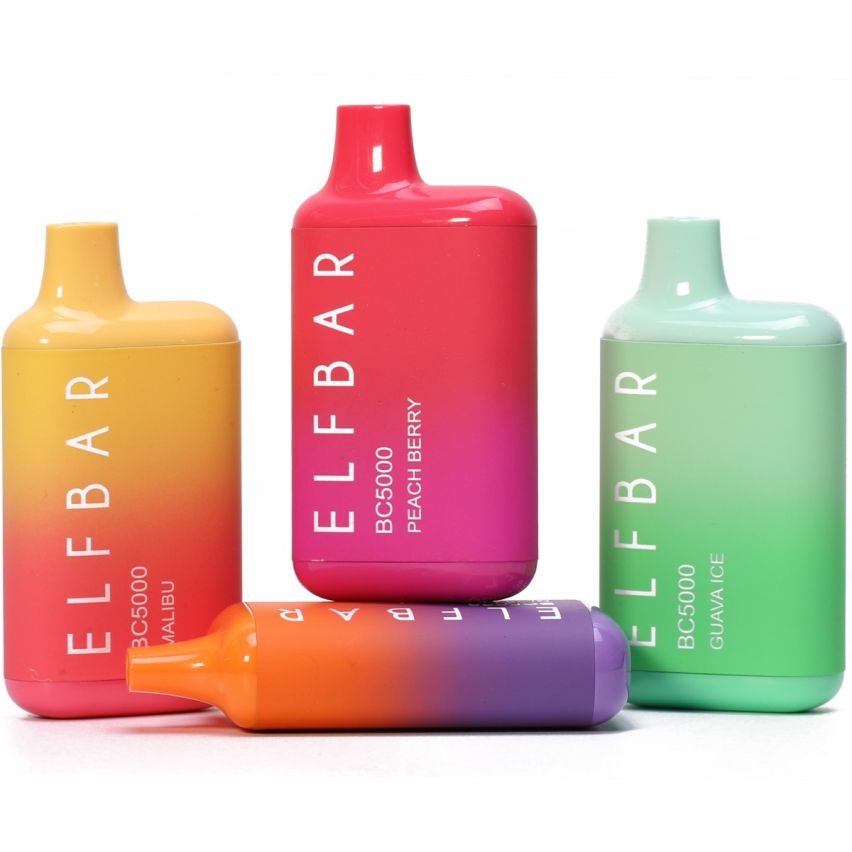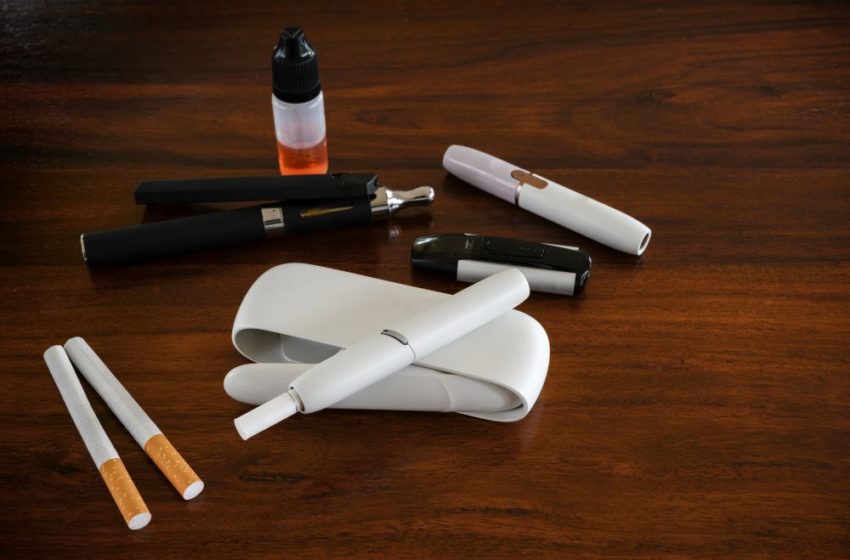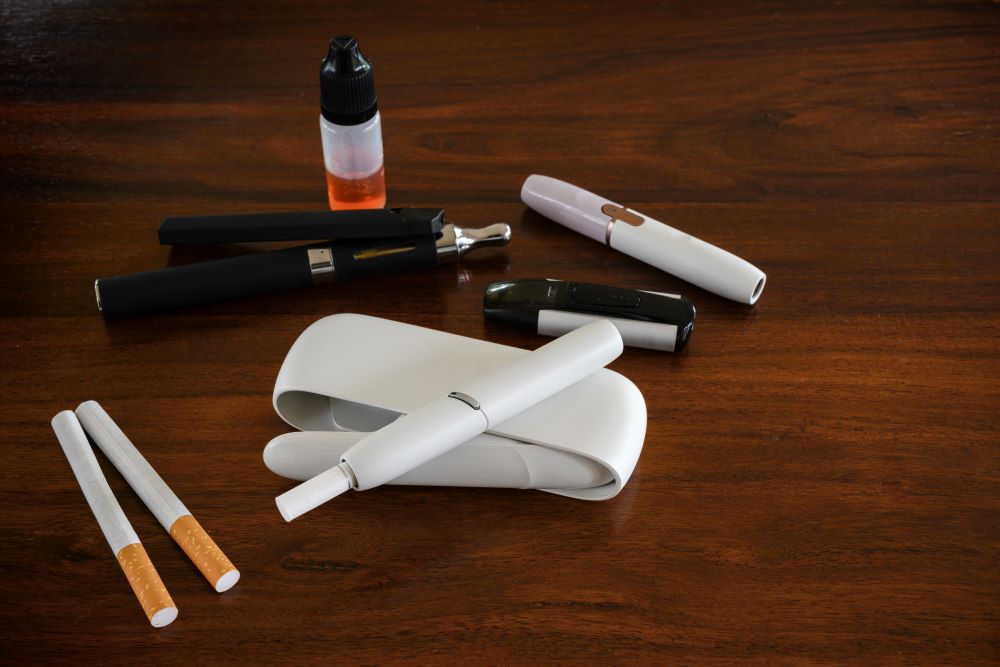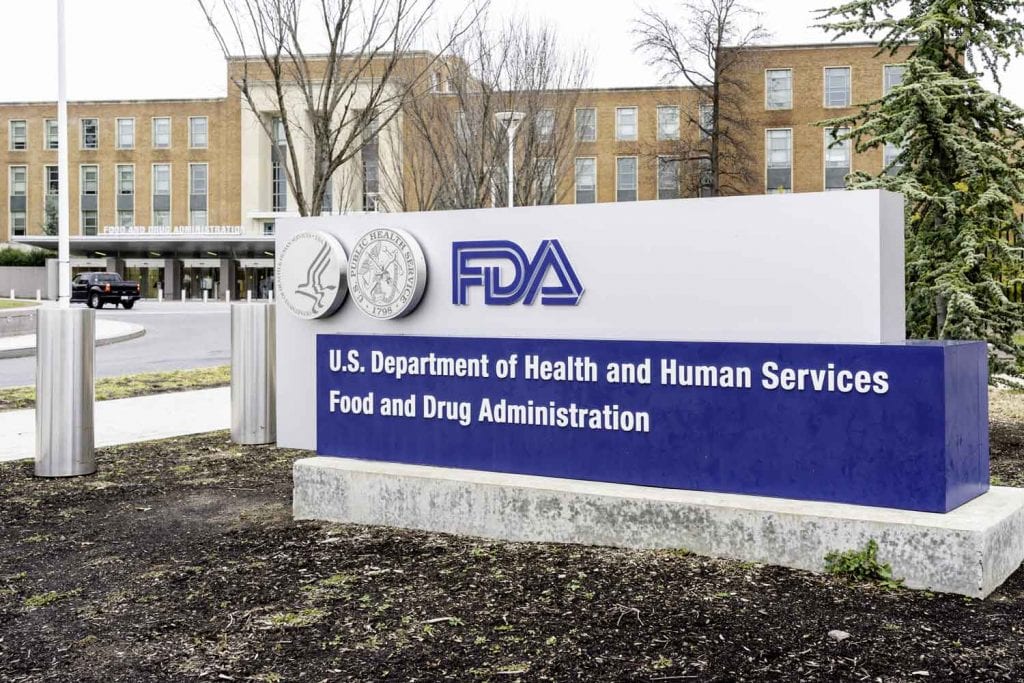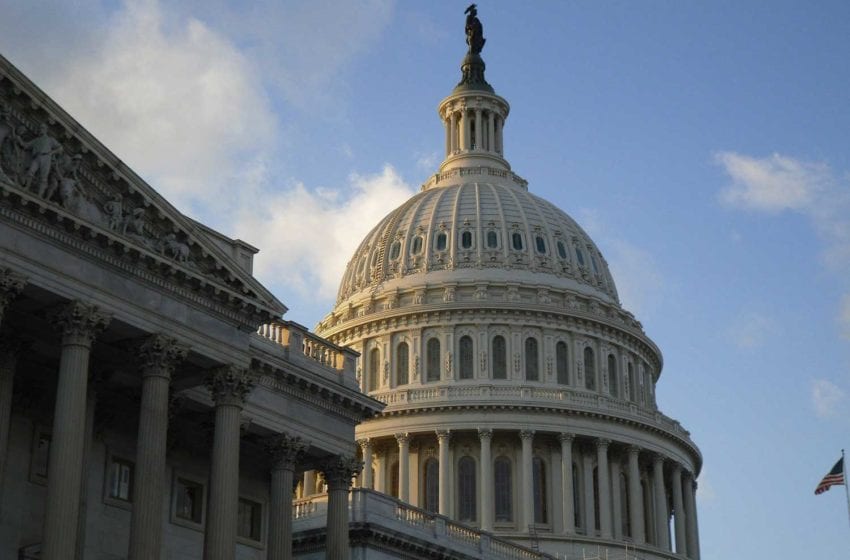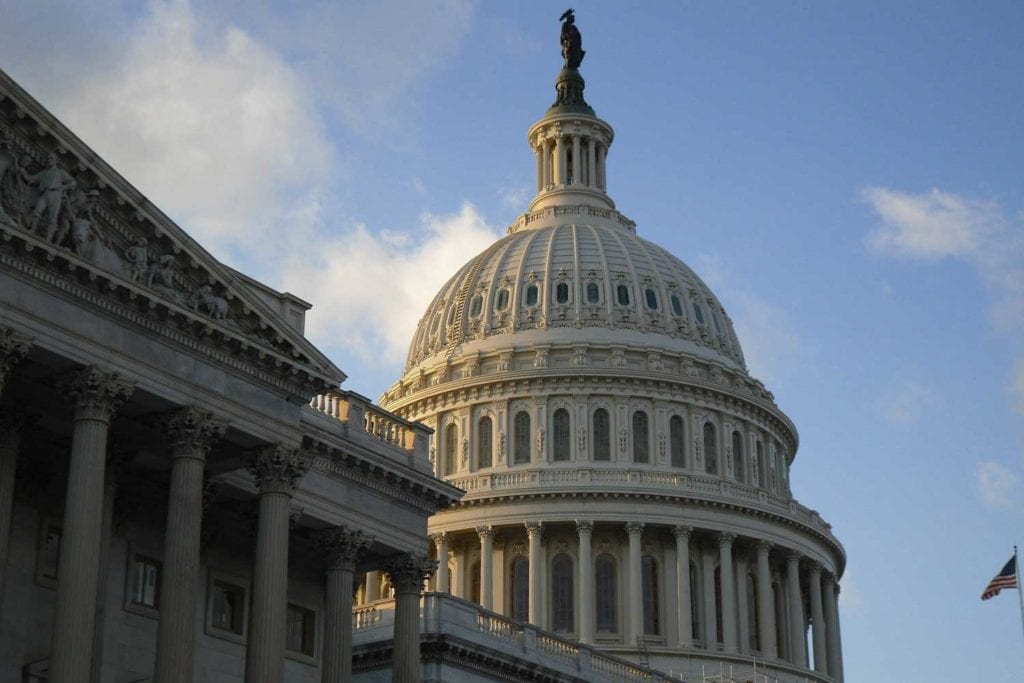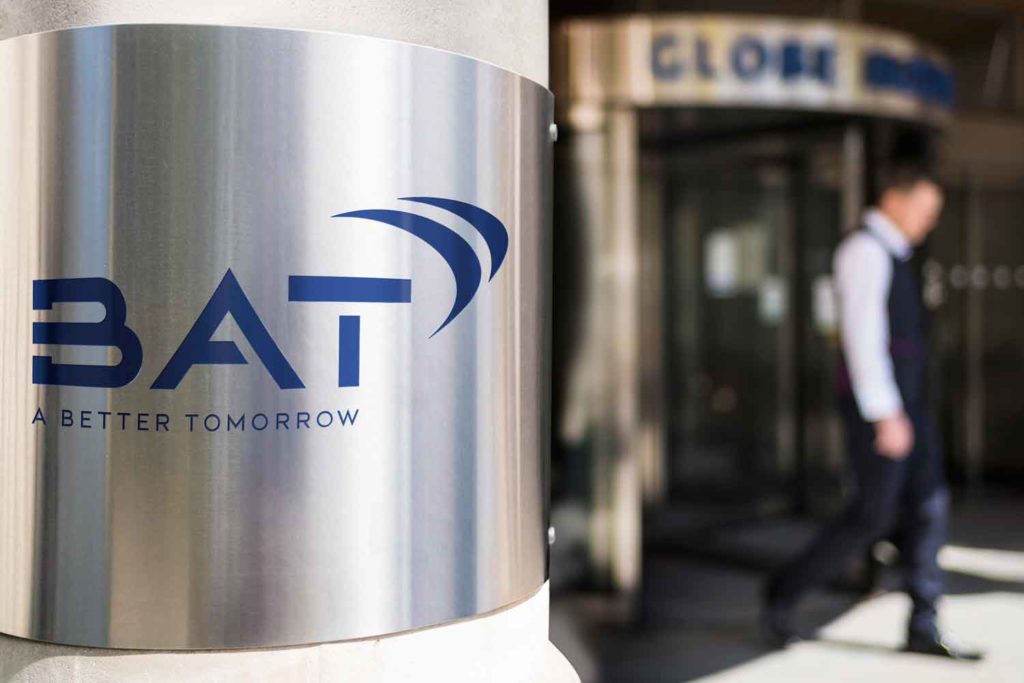
Media outlets are reporting that BAT sent vaping wholesalers testing results that claim that nearly all major disposable vaping brands in the UK not produced by a major tobacco manufacturer contain illegal volumes of e-liquid.
Senior wholesaler sources leaked nearly 50 pages of BAT product testing data to betterRetailing, along with a letter from BAT urging wholesalers to stop selling products it claims are failing to comply with the 2ml e-liquid limit. A distributor of many of the brands named denied the claims.
In a letter sent to wholesalers by BAT UK managing director Fredrik Svensson, seen by betterRetailing, the supplier said it had commissioned “independently accredited laboratory” testing on Elf Bar 600 products purchased from supermarkets and independent retailers between 6 September 2021 and 7 March 2023.
The evidence revealed that the tested products “contained significantly more than the legal limit of 2ml of nicotine-containing e-liquid from 2.76ml to 3.88ml, with an average overfill of 58 percent.”
Testing was also conducted at the same lab on Lost Mary, Found Mary, IVG Bar, Klik Klak, SKE Crystal, Smok Mbar Pro and Solo disposable vapes. Test results for all these brands showed illegal levels of e-liquid.
Together, the brands account for nearly all disposable vaping sales in independent shops by both revenue and volume.
BAT’s letter urged: “As a responsible trading partner, we trust that you are taking appropriate steps to ensure that you are not supplying non-compliant products and that you will be urgently reviewing the supply of any products you stock, particularly those which our testing demonstrates do not comply with the TRPR [The Tobacco and Related Products Regulations 2016].”
Elfbar voluntarily pulled its products from UK shelves after finding its products did not meet legal requirements.
Recently, another Elfbar brand was pulled from UK store shelves after finding the products surpassed the legal limit for e-liquid volumes.

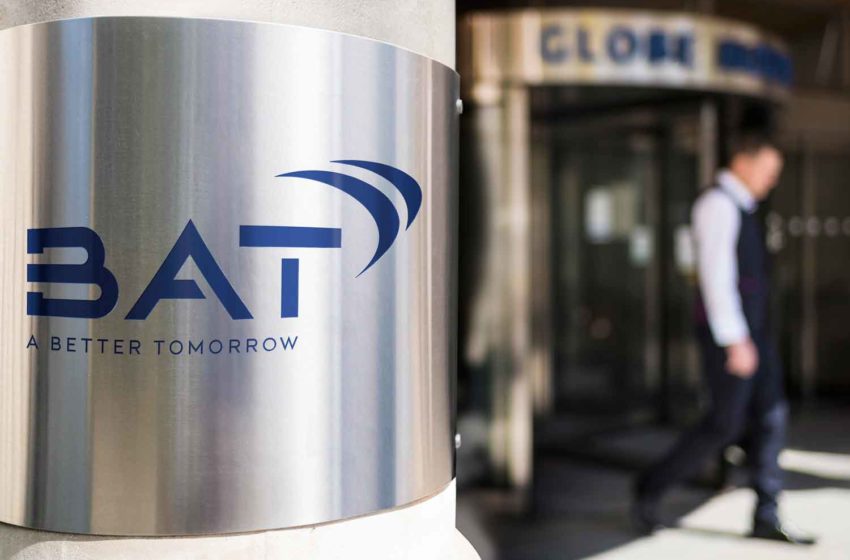


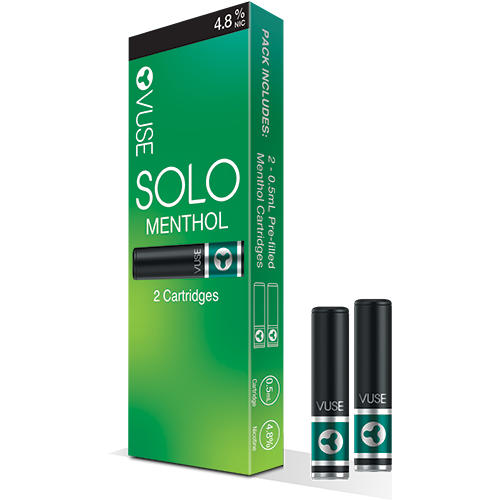
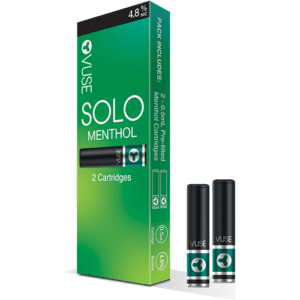 The U.S. Food and Drug Administration issued
The U.S. Food and Drug Administration issued 